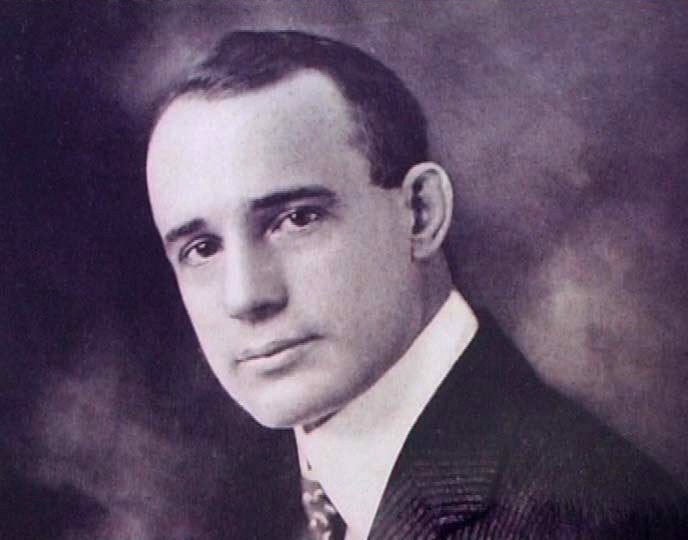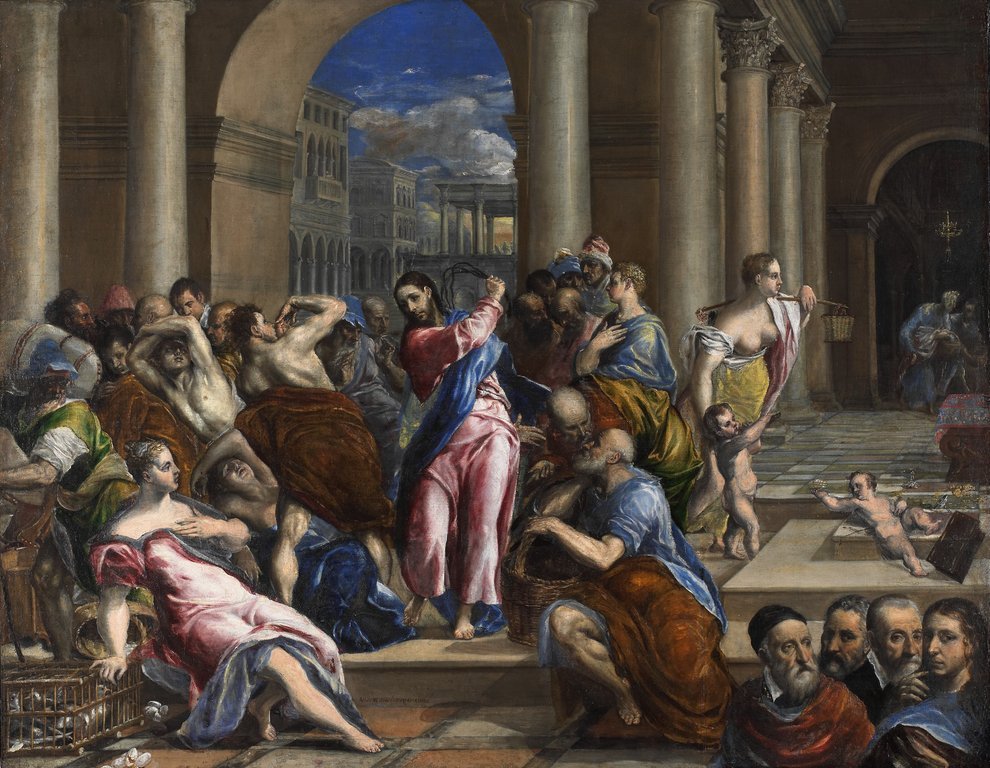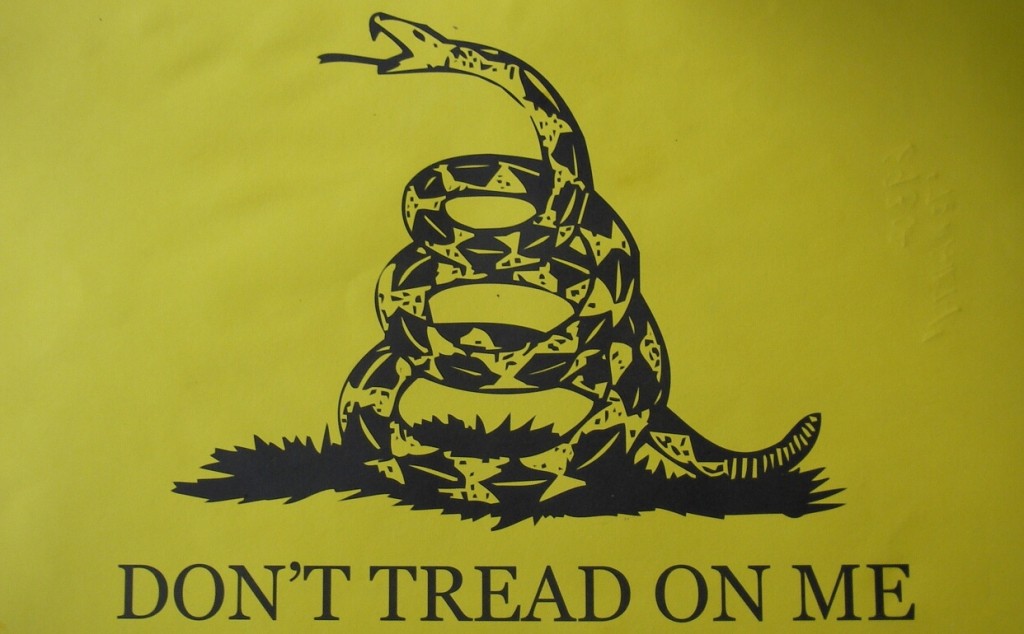- Dashing young men have all the advantages.
Word association time.
Self-help book. Go.
68% of you said Napoleon Hill’s Think And Grow Rich, which is close enough to 100% for our purposes.
It’s the classic of the genre, if not its progenitor. Even if you haven’t read it, you’ve subconsciously committed its most famous concepts to memory. Visualize your success. If you can conceive and believe, you can achieve. Don’t take no for an answer. Hill was writing bumper stickers and motivational posters before people had cars and cubicle walls to affix them to.
This isn’t a book review, or at least not a review of the book past its 1st page. Hill’s longtime protégé, W. Clement Stone, tells a story about selling newspapers as a 6-year-old, and running into an uncooperative restaurant owner who would just as soon not have an urchin entering his diner and pestering his customers. But Stone came back every day, wearing down the already weary owner until he finally let Stone in the door. Stone sold all his papers, did so again the next day (fitting with the narrative, Stone’s father had of course died 3 years earlier), had his own newsstand by the time he was 13 and his own insurance company by his late 20s.
We maintain that if Stone had taken no for an answer somewhere along the line, he would have had the newsstand and the insurance company even earlier.
If you never took no for an answer, you might never make a sale. Stone lucked out in that the first restaurateur he contacted happened to be something of a soft touch. Imagine if 6-year-old Stone had first run into this happy character instead. Stone would still be begging for an in. And with all the time that would have elapsed, Stone’s payoff for selling each newspaper would have gradually decreased. Add human mortality and the obsolescence of printed media, and Stone would have starved to death instead of living to 100 and becoming something approaching a billionaire. All because a foul-tempered man engaged him in a battle of attrition before Stone’s sales career had a chance to launch.
No matter how polite you are or how noble your intentions, single-mindedness for its own sake will eventually backfire on you. Show up every day at the door of the insurance firm where you want to work, assuming you want to sell insurance for some reason, and sooner or later security will escort you away. Ask for a date from a girl who’s not interested, and she’ll continue to not be interested. The cutting of one’s losses is an idea that Hill never thought of.
Here’s a contemporized and far more practical interpretation of the idea of “getting to ‘yes.’” Understand that the world is large and that opportunities abound. The existing homeowner won’t sell your dream house to you? Find another dream. The employer who won’t pull your résumé out of the pile refused to recognize your brilliance? Find another employer. Never taking no for an answer is static. Taking whatever answer they give you, and gaining knowledge from it, is dynamic.
If you want to, you can misinterpret this as “When the going gets tough, quit.” Play to your strengths. A kid with no inherent aptitude for salesmanship, but a plan to get that first sale no matter how powerful the objections, would never have sold that first paper without substantial cooperation from the buyer. Commerce is a two-way street. The same principle applies to just about any endeavor you can think of. The sooner you find out that sales, or law, or account management, or software design isn’t your thing, the happier and more productive you’ll be. For a better manifestation of single-mindedness, we’ll take that practiced by Thomas Edison (grade school dropout.) Whether the story is apocryphal or not, it illustrates the point: “Mr. Edison, you’ve failed in 700 attempts to create an incandescent light bulb. Quit already.” “No, I’ve succeeded in removing 700 ways that don’t work. Besides, this is fun.”
Nowhere in Think And Grow Rich is there a word about following one’s passion, or even just following one’s interest. In Hill’s defense, the United States was still largely an agricultural economy at the time. Selling newspapers, or insurance, was as exciting a career as astronaut or porn star when compared to staying home in East Nowhere, Kansas to castrate bulls and bale alfalfa. But we’re better than that. Not only do you not have to hate your job, you don’t have to pound your head against an idiomatic wall to win over one reluctant lead in the sales book. Hit the 2nd through 30th people on the list instead.
Boy, this personal finance advice that barely touches on finance is easy to write. No wonder so many people love Trent Hamm and his imitators and duplicators.
To quote Chuck Klosterman, take no for an answer, but never take maybe for an answer. Maybe means “yes.” Just keep talking.





